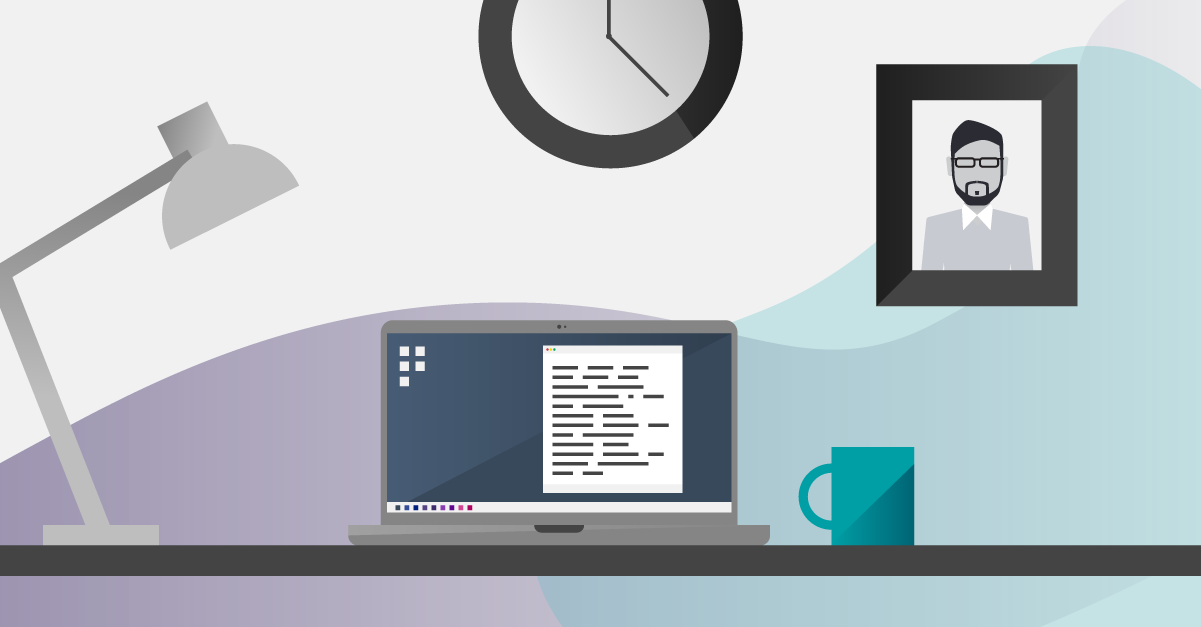Many security factors must be considered when your company staff work from home. This means that when an employee uses a company's data remotely, the risk increases. Here are some tips to keep in mind to reduce these risks.

Give employees a fundamental understanding of the term "safety"
People working from home should be given the necessary safety guidance. For example, how to avoid spam scams, how to safely use public Wi-Fi, how to make sure their home Wi-Fi connections are secure, which you use to complete your tasks.
Efforts to circumvent security through phishing attacks are expected to increase during this period. Employees should be warned to avoid opening email attachments from strangers, and third-party software development should be limited to legitimate app stores, including their phones.
Check them out codeof your access
Employee passwords must be verified by your organization. This does not mean that a person's personal information should be requested, but it does mean that the passwords used to access any corporate services are changed and interpreted in accordance with strict security policies.
Alphanumeric passwords, two-factor authentication and requiring your employees to use the strongest possible security on all their gadgets should be mandatory.
Update your schedule to the latest version
Get your employees to update them applications them to the latest version that the current security plan allows. (Some businesses follow Microsoft's product release schedule, but the majority do not.) Update software for all your devices.
Avoid improvisation
Employees often work in teams, which requires the use of communication technologies such as email systems and video conferencing rooms. Someone may have a tendency to reinstall the software if it does not work properly, or even use someone else.
You may inadvertently install a software package with security issues, allowing unauthorized users to access company information or private information stored on your device.
Misleading emails should be avoided as much as possible
Occasionally, fake emails are sent to employees with dangerous links by cybercriminals. Emails may appear to come from the company or affiliates asking you to click on a report or a revised corporate policy.
The perpetrators are likely to use spyware on your system if you open the file or click on the linked site that redirects you.
Back up your work data
Make sure all of your company's critical work presentations, statistics, documents and analytics are backed up. You wouldn't want to study στην οποία δουλέψατε να χαθεί από μια επίθεση στον προσωπικό σας φορητό υπολογιστή. Η αποθήκευση αντιγράφων είναι η πιο ορθή αλλά και η πιο σημαντική choice.





